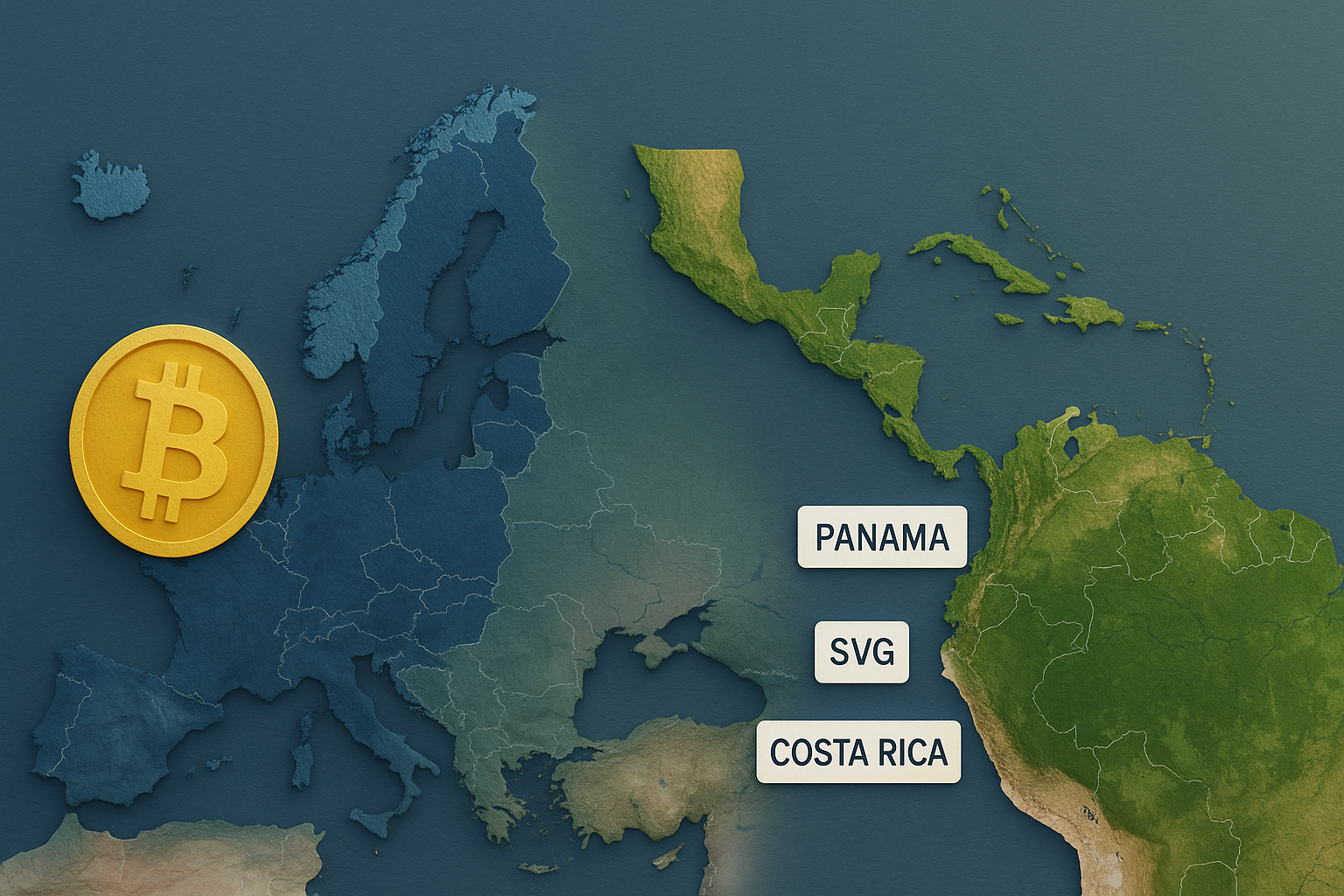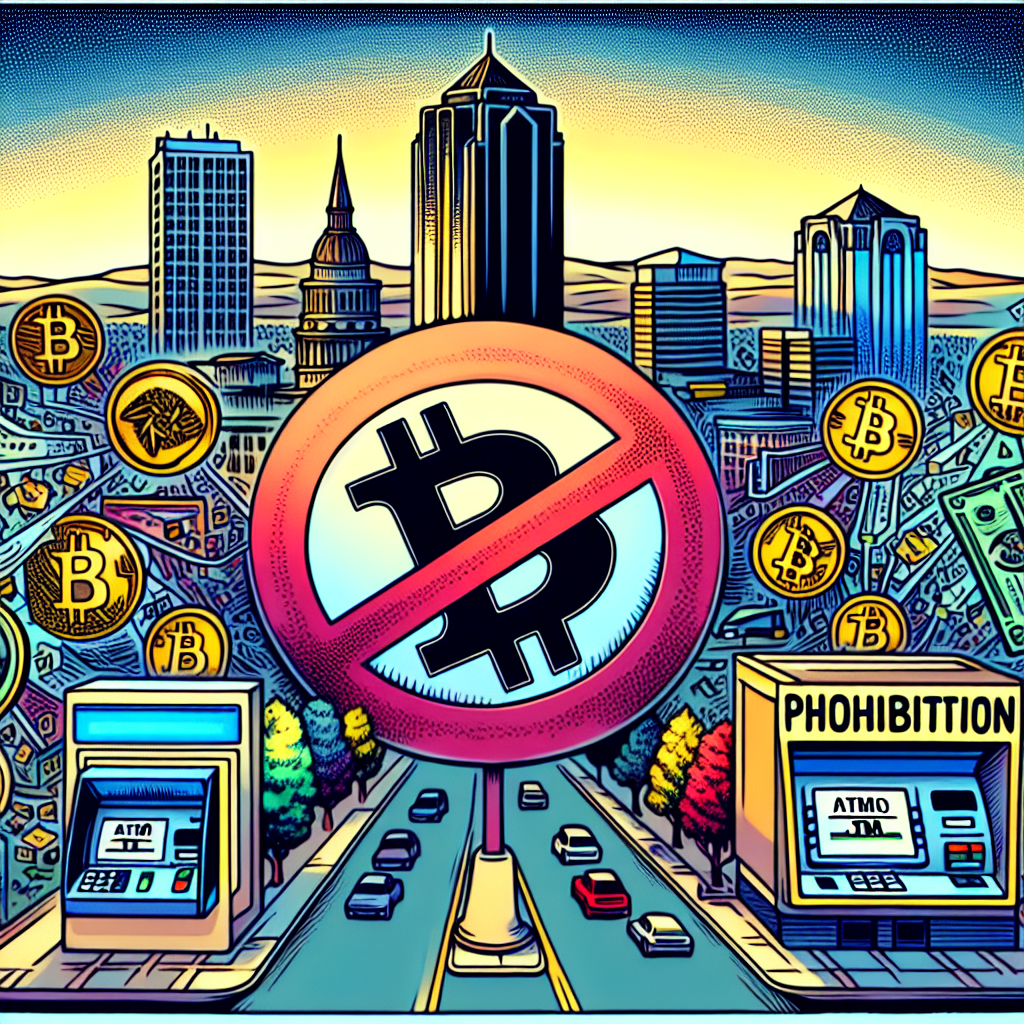An Indian expert has questioned the legality of U.S sanctions on BRICS nations for abandoning the U.S dollar. This move steers attention to a shift in the global financial order and the role of cryptocurrency in it.
Investigating the Legality of U.S Sanctions on BRICS Nations
An Indian expert has voiced doubts regarding the legality of the United States’ sanctions on nations in the BRICS alliance. These sanctions follow a decision by BRICS to move away from the U.S dollar for trade purposes. This provides a new kind of leverage for developing nations, but it also raises questions over the legitimacy of the U.S’s response.
BRICS Defection from U.S Dollar
BRICS, a bloc comprising the nations of Brazil, Russia, India, China, and South Africa, made a notable decision recently to part ways with U.S dollar-based trade. This move, seen as a significant shift in the global financial structure, has been termed the ‘de-dollarization’ process.
BRICS, responsible for over 20% of global GDP and growing, feels the need to create a more balanced economic order. This aspiration has led to their decision to initiate trade in their respective national currencies, moving away from the previously dominant role of the U.S dollar.
Understanding the Repercussions
The financial and legal implications of this move are substantial. The United States has responded with economic sanctions against these countries, a move that many are questioning in terms of legality and fairness.
An Indian expert in international trade law has argued that these sanctions might contravene customary international law, specifically highlighting the rights of sovereign states to control their financial policies without interference.
This expert, having reviewed relevant legislation, treaties, and international case law, opined that U.S actions may be violating the principle of ‘non-intervention’. This principle refers to the prohibition of a country interfering in the economic affairs of another sovereign state.
The Cryptocurrency Connection
Interestingly, the ‘de-dollarization’ push has implications for the digital asset sector, too. Many believe that cryptocurrency could play a role in this evolving scenario as a decentralized, borderless, and inclusive financial instrument.
While it is yet to be seen if BRICS will integrate cryptocurrencies into their adjusted financial framework, it is undeniable that digital currencies offer an alternative to the traditional system. They provide a way around sanctions and allow for peer-to-peer transactions without the need for a central authority.
As such, the global financial landscape seems to be at the cusp of a paradigm shift. With developing nations asserting their monetary independence and the rise of digital currencies, the role and dominance of the U.S dollar might be fundamentally challenged. It remains to be seen how these shifts shape the future of international trade and finance.
The Road Ahead
The BRICS nations’ decision to defect from the U.S dollar and the resulting sanctions from the U.S paints a complex picture. Will the legality of these sanctions be contested? Will other nations follow suit in abandoning the U.S dollar for trade? And more intriguingly, will cryptocurrency find a role in this new world order?
Given the substantial economic power wielded by BRICS, these developments could have wide-reaching ramifications. In the era of an increasingly digital global economy, it would be prudent to keep an eye on the potential role of cryptocurrencies in these evolving financial narratives.






